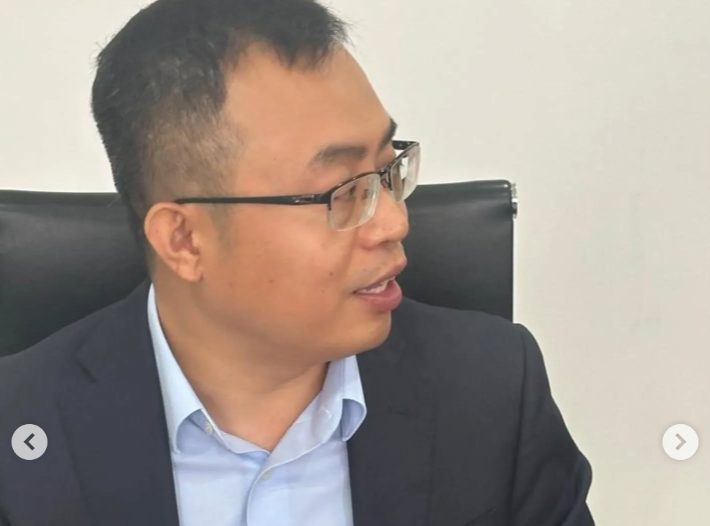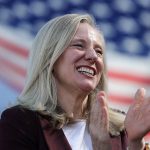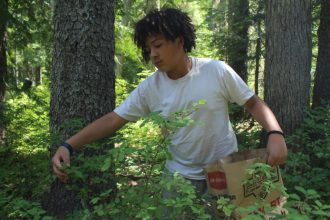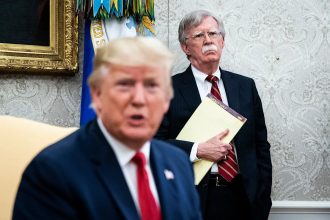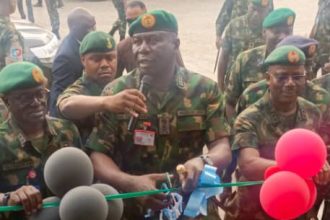Despite existing challenges and negative perceptions, Nigeria remains a promising destination for business investment, the Managing Director of the Lekki Free Zone Development Company, Dai Shunfa, has said.
Speaking in Lagos on Tuesday during a visit by journalists, Shunfa addressed concerns about international perceptions of doing business in Nigeria.
“I think the most serious challenge we face in attracting new investment is the prevalence of rumours.
“There is a lot of negative news about Nigeria. Outside the country, people believe that kidnappings and killings happen here every day. These rumours have created a very bad image for Nigeria in the eyes of potential investors.
“Whenever we try to market ourselves — promoting the Lekki Free Zone in China, Dubai, and other Asian and African countries — people are afraid to invest here. That is why I am very happy to see all of you here; it is important that we speak out to show that Nigeria is safe,” he said.
He urged investors to see Nigeria differently, emphasising that every country faces its own challenges.
“I have been here for almost 20 years. Every country has its problems. I cannot find a country without crime or other challenges. Issues like kidnapping or violence happen everywhere. Nigeria is no different,” he added.
The MD highlighted the zone’s ongoing development, investor opportunities, and efforts to attract international businesses.
“For the Lekki Free Zone, we own 3,000 hectares of land. So far, we have developed only 500 hectares, which means we still have a lot of land that needs to be developed.
“We are doing our best to attract new customers and investors — not only from China, but also from Nigeria, other African countries, and Europe,” Shunfa explained.
He noted that infrastructure challenges had hindered growth in previous years but said recent projects had transformed the area.
“Now, with the support of the Lekki Deep Seaport and the Coastal Highway, and all the latest infrastructure in this area, the zone is developing very fast.
“For example, this year alone — from January till now — we have sold more than 110 hectares of land to 16 flagship customers. This record surpasses all we achieved in the past seven years. We are still improving our infrastructure,” he said.
Shunfa also addressed the recently passed tax reform bills, explaining that while some preferential policies for free zone enterprises have been affected, businesses within the zone continue to thrive.
He noted that the reforms aim to boost government revenue and encourage more exports, even as many enterprises still sell domestically — contributing positively to the economy.
Also speaking, the Senior Manager of Legal and Compliance, Toluwaleke Adeyele, described the zone’s world-class infrastructure as a key driver of investor confidence.
“Because our free zone caters to heavy, medium, and light industries, we attract investors who want to build large industrial factories requiring gas to power their operations.
“Lekki Free Zone is one of the few zones with its own gas supply, thanks to the gas pipeline running through the area from Dangote’s project,” Adeyele said.
He also cited examples of industrial progress within the zone.
“A few years ago, tyres were typically imported from China. But now, within the free zone, they are assembled locally. We currently have two or three companies handling that,” he added.
Adeyele concluded by encouraging investors to consider the long-term potential of the project.
Established in 2006, the Lekki Free Zone Development Company is located on the Lekki Peninsula in the southeastern part of Lagos State, approximately 50 kilometres from downtown Lagos.
It covers a total planned area of 30 square kilometres, bordered by the Atlantic Ocean to the south and the Lagoon to the north.
The zone is 70 kilometres from Lagos International Airport and 10 kilometres from the new international airport.
It is also 50 kilometres from the Lagos Apapa Port and just three kilometres from the Lekki Deep Sea Port.
The zone focuses on industries such as fine chemicals, manufacturing, assembly, fossil oil storage, commercial logistics, and real estate.
As of June 2025, a total of 134 enterprises had signed investment agreements. Of these, 65 are currently in operation — including Pinnacle Oil and Gas Limited, CANDEL Company Limited, HENAN D.R. Construction Group Co. Ltd., and Langsung Electric FZE — while 10 more are under construction.


